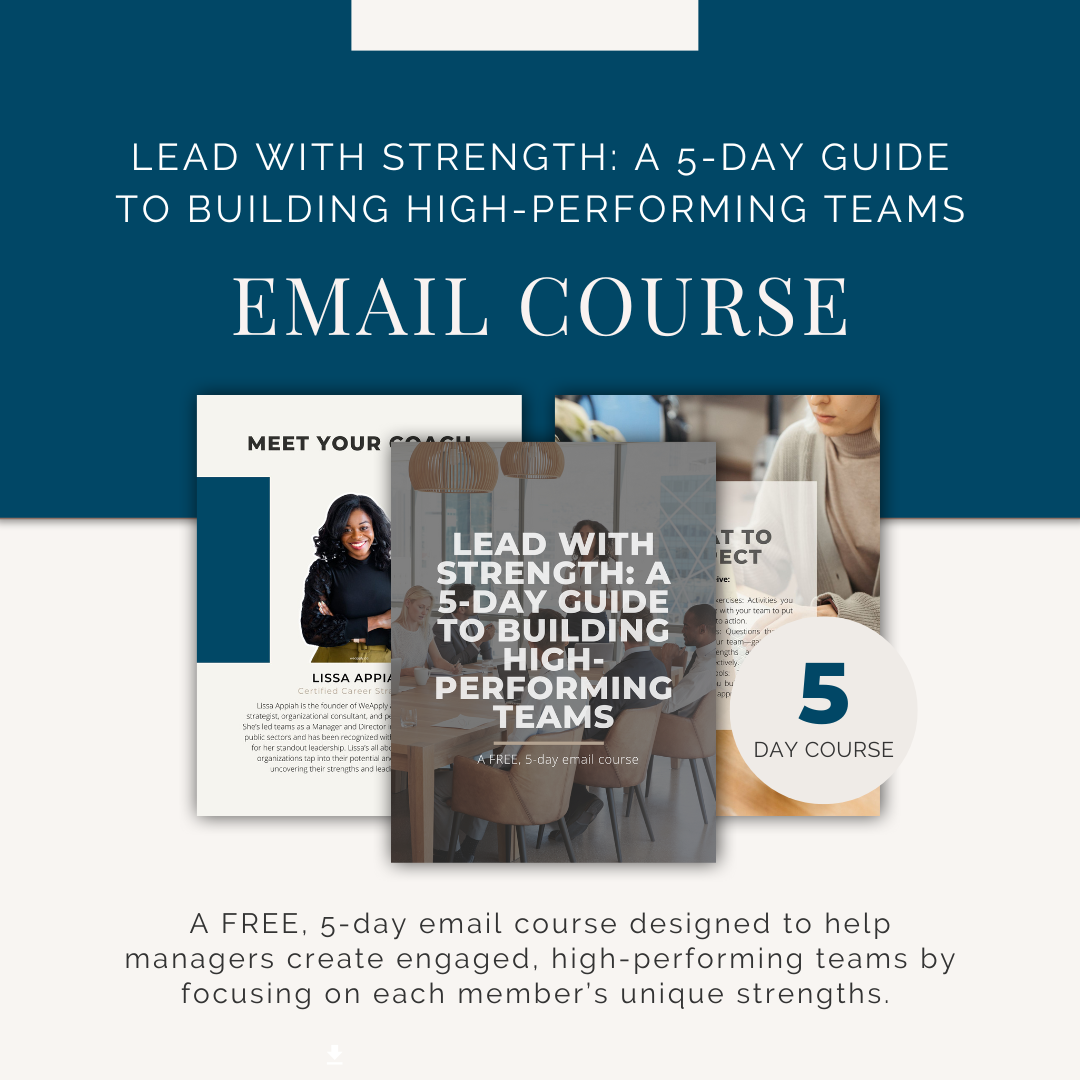There are 4 job interview questions you should know before heading into your interview! One of the best ways to prepare for an interview is to understand what you might face in the conversation.
Interviewers often use different strategies and interview styles to determine whether you might be the right fit for a role. These styles often depend on the industry and job requirements, and one interview could combine different styles.
You can increase your chance of moving onto the next stage and ideally get the job by preparing for each of the different interview styles that you may encounter. In this post, we go over 4 major interview styles employers commonly use, with our tips on how to prepare for them.
1. Traditional Job Interview Questions
This is probably the most common style and primarily focuses on your experience, skills, and qualifications.
For this job interview style, the interviewer will typically ask a standard set of questions. For example, “What are your strengths and weaknesses?”, “Why are you interested in this position?” or “What major challenges did you face in your last job?”
This ultimately makes it easier for the interviewer to compare candidates and fairly evaluate them against the job description. The interviewer might ask about certain projects, tasks, or experiences with specific tools or systems.
It’s important to think about how you will speak to your past experience and skills, as well as how your qualifications match what the employer is looking for.
2. Behavioural Job Interview Questions
Secondly, interviewers use behavioural-style interviews to gauge how you’ve handled situations in the past. The idea is that your past behaviour can predict future behaviour and how you’ll act in a new job.
You shouldn’t expect many easy “yes” or “no” questions with this type of interview style. Interviewers will often rely on open-ended questions where you’ll need to answer with an anecdote or example from previous experience. These questions might be “Tell me a time you did X or Y..” or “Give me an example of when you’ve faced a challenging client.”
It can take some practice to get comfortable with this style of interview and answering these types of questions. Our advice is to format your answers using the SAR response method. SAR stands for Situation, Action, and Result. By structuring your response in this way, you’ll be able to provide specific and concrete examples of your skills and provide the interviewer with everything they were looking to hear.
3. Situational Job Interview Questions
These job interview questions focus on the future. The goal here is to evaluate candidates on how they would handle a hypothetical situation based on real, job-related occurrences specific to the role in question.
These interviews may still be conversational and focus on questions such as “What would you do if..” or “How would you handle..” In these cases, we suggest you still use the SAR response method as a guide for responding – Identify the problem and situation, discuss the options and potential solutions before stating your decision.
One approach to situational interviews is simulating a real work situation and having candidates physically perform some aspect of the job. For example, web developers may be asked to code something, whereas marketers might be given a strategy to develop. This allows interviewers to see exactly where your skills lie and what you bring to the table.
In addition, situational interviews are only one stage of the interview process, and you can expect them to happen after a traditional or behavioural interview has already taken place. They are rarely used as the only method.
4. Stress Interview
This interview style is is not as common and depends on your industry. It is used to evaluate how a candidate responds to stressful situations.
The main objective is to make the interview difficult on purpose. The interviewer might ask sudden and repeated questions, not giving you enough time to think of a response, or they might interrupt you while you’re responding. The interview might start late, they may take a rude tone or take long pauses.
All of these tactics are used to see how you react under stress. The main takeaway here is to remain calm – that’s typically all the interviewer is looking to see.
Conclusion
To conclude, no matter what interview style you face, preparation is key. Knowing what questions you could be asked, preparing examples of accomplishments for the various interview styles, and staying calm will help you with any interview you have.
If you need a few more pointers to steer your job search in the right direction. Learn about WeApply’s job search coaching program here.


